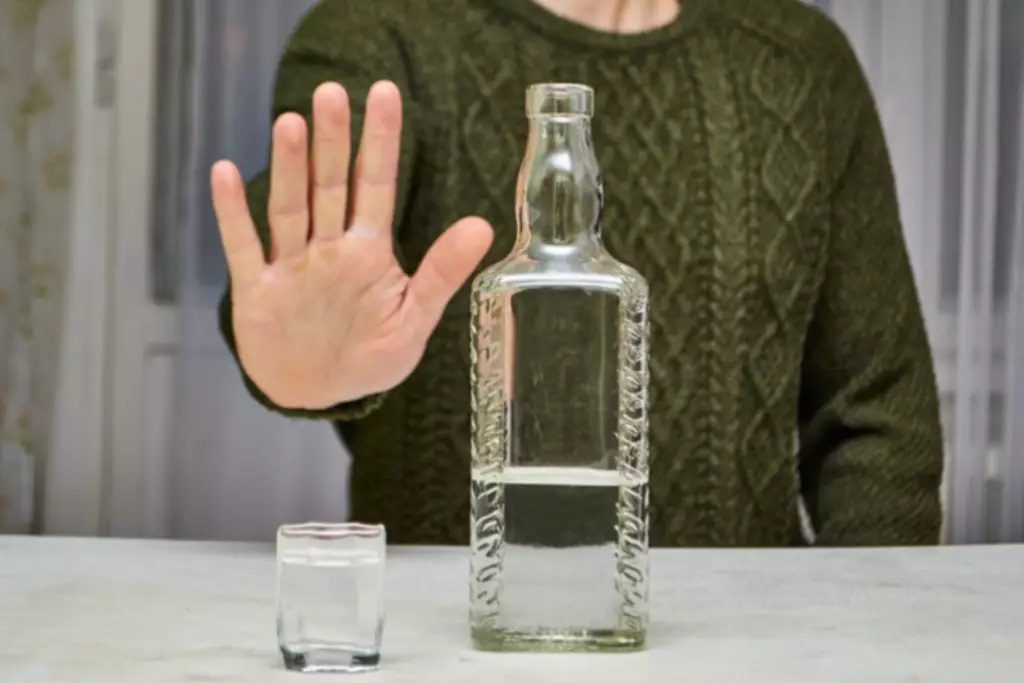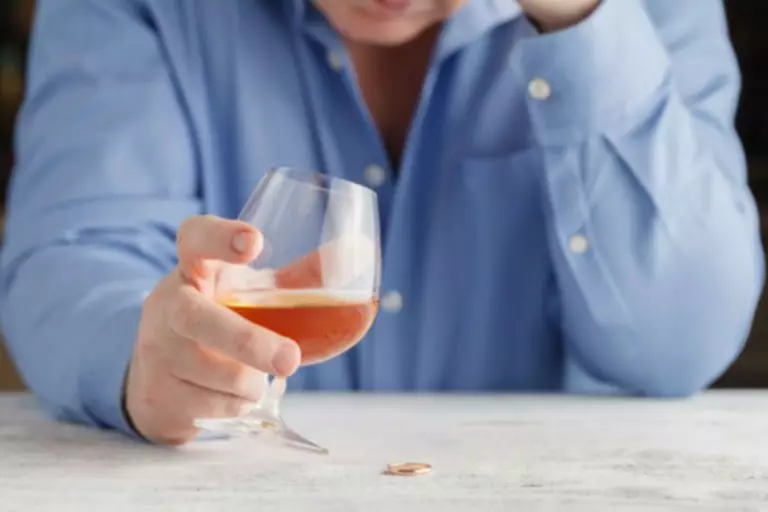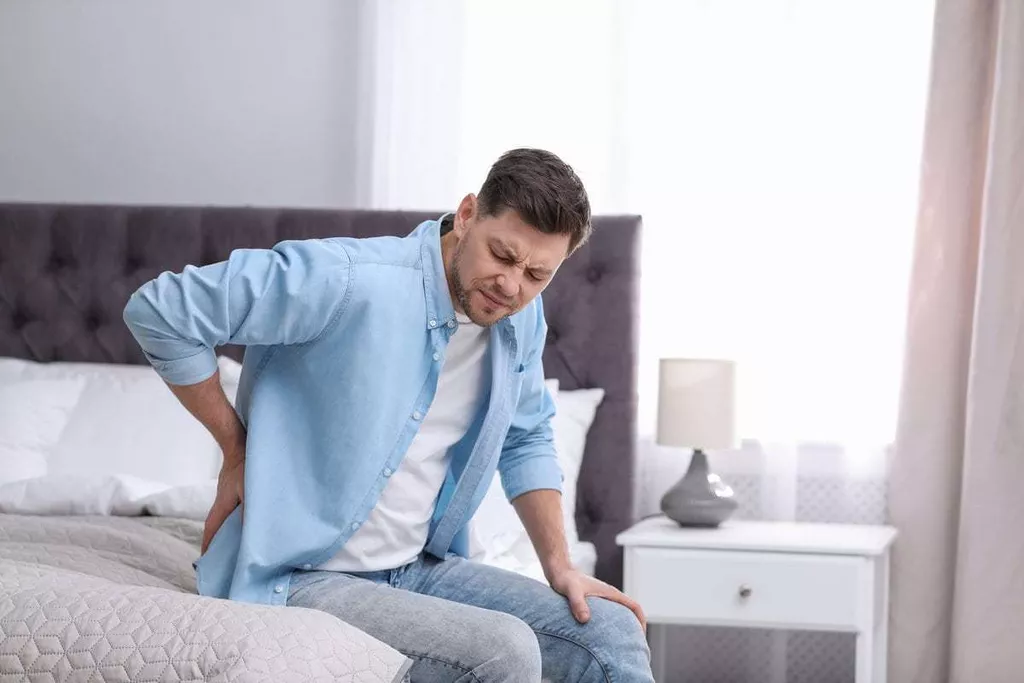
Previous experiments in animals weren’t comparable to humans with alcohol use disorder because the animals didn’t demonstrate deficits in rapid decision-making. The team believes this was because Alcoholics Anonymous tasks in earlier experiments were too easy. Heavy drinkers also had a higher likelihood of developing tau tangles. Moreover, these participants were more likely to die an average of 13 years earlier compared with those who never drank.
Phase 1: Reward Development

With so many neurotransmitters being released, along with endorphins, it’s almost no wonder why alcohol is so addictive. Not only does alcohol trick the brain into thinking that drunk is the normal way to be, alcohol releases several pleasure-inducing chemicals as well. The brain becomes used to this rush of pleasure, and problem drinking begins its course.
- The Healthline FindCare tool can provide options in your area if you need help finding a mental health specialist.
- These resources increase a person’s ability to find purpose, connect with the community and rebuild relationships.
- Jordan continued her studies and earned a master’s in clinical and mental health counseling.
- Without tackling the root causes of psychological addiction, long-term recovery is difficult to achieve.
- Call Recovery Centers of America at RECOVERY for information about alcohol detox and treatment.
The Benefits of Seeking Professional Help for Alcohol Addiction
- As an example of my argument, there’s an old psychopathy theorist and clinician Hervie Cleckley from the 1940s, he wrote this book called The Mask of Sanity.
- And while many think that alcohol consumption is harmless—after all it’s legal—this is far from the case.
- If you extract the common or shared variants among those, you can find some factor, some latent variable.
- It is important to point out that these findings are associations that are suggestive, rather than proof of cause and effect.
Be open with others about what you’re experiencing so they can support you as you work to become sober. If you’re at this stage, alcohol has become the focus of your life, whether you’re able to admit that or not. Your days probably revolve around drinking and when you’ll have your next drink. If you try to cut back, you could feel physically sick or have psychological symptoms, such as hallucinations. People with mild alcohol problems may be able to quit drinking on their own or with the help of support groups.
What are the risk factors?
Call RECOVERY today for more information about our programs and services. This includes ongoing support such as regular therapy sessions, support groups, and even living in a sober living environment. These elements work together to help maintain the sobriety achieved during treatment. Alcohol stimulates the release of endorphins, the brain’s ‘feel-good’ chemicals, which create a sense of relaxation and well-being. This instant gratification can be particularly seductive to individuals dealing with high stress, anxiety, or depression. It’s a band-aid solution to deeper issues, one that can become rapidly acquainted with feelings of reliance and then dependence and addiction.
Alcohol Use Disorder Stages

Describing her therapeutic approach as evidence-based, Courtney champions a humanistic or person-centered approach as the ideal foundation. She integrates her expertise in Cognitive Behavioral Therapy (CBT), Acceptance and Commitment Therapy (ACT), and mindfulness-based practices to tailor interventions according to each client’s distinct needs. Outside AspenRidge, Jordan enjoys rock climbing, snowboarding, and playing volleyball and soccer. She believes she was probably a rodeo queen in another life and recharges by spending time with friends and family.

GLP-1s may reduce the rewarding effects of alcohol by influencing these regions, specifically the nucleus accumbens, which plays a key role in reward processing, motivation, and pleasure,” adds why is alcohol addicting Winn. Early studies suggest that GLP-1s may be effective in treating opioid, alcohol and nicotine addiction. In one small study of patients with opioid use disorder, a GLP-1 medication reduced their cravings for opioids by 40% over three weeks. GLP-1s don’t just make people feel full by delaying the movement of food through the stomach. They also help appetite control by targeting the brain’s reward pathway.
What are the symptoms of alcohol use disorder?
Right now, for the most part, we put people in drug-specific treatment programs. Of course, there are some transdiagnostic elements sense of treating addiction. But to some extent, because of the unique pharmacologic and physiologic properties of drugs, we tend to focus on the unique characteristics of a drug in treatment. With methadone, for instance, being a way to taper people off of prescription opioids, as just one example. That’s not something you would necessarily administer if someone is experiencing withdrawal from alcohol. We do have drug-specific treatments, especially when we’re thinking of medicine rather than psychological treatment.

- This can include stress in your life, whether an overwhelming event or a bunch of smaller stressors that build up over time.
- He talked about the psychopath in a way that exemplifies this exact point.
- Many individuals turn to alcohol as a way to self-medicate, but this only exacerbates the problem.
- But what glues together a lack of substance use disorder is not necessarily what glues together presence of substance use disorder.
Getting support from others is often extremely helpful in getting and staying sober. You have many options to choose from, including Alcoholics Anonymous (AA). Another barrier to receiving care is that doctors screen only about 15% of their primary care patients for AUD. AUD is a complex brain disorder, the cause of which remains unknown. So far, experts believe that it’s caused by a combination of the genes you inherited from your parents and your environment.

